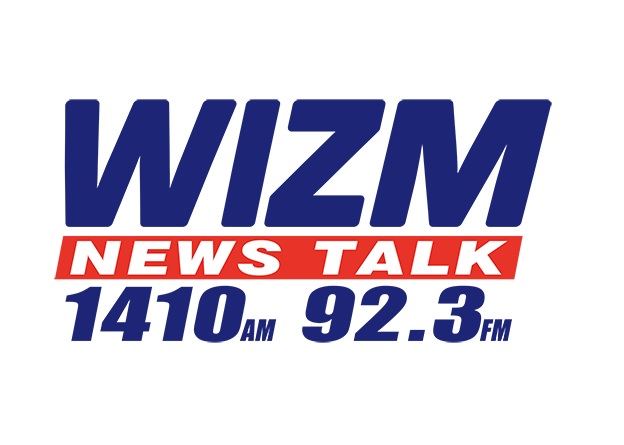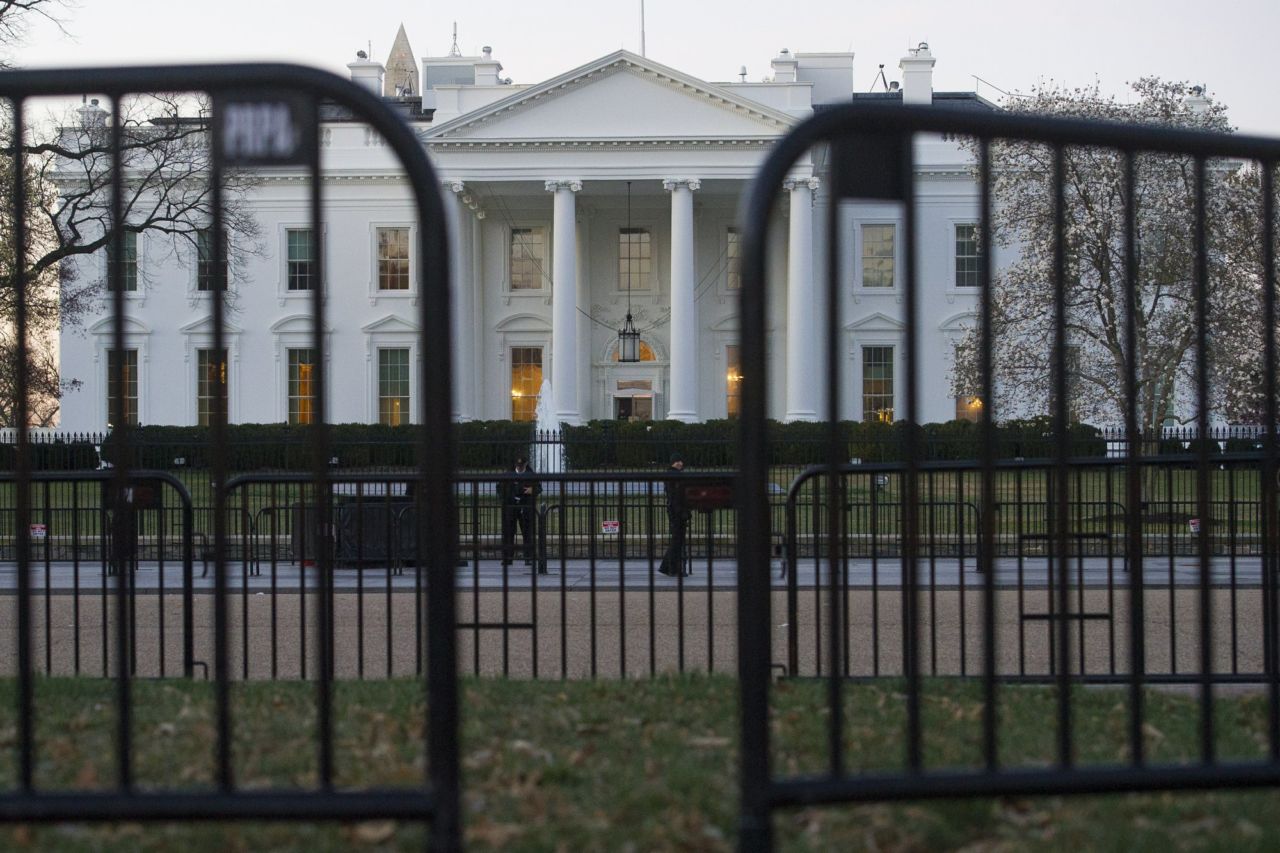Wisconsin
Wisconsin county’s threat to journalists came from top

MADISON, Wis. (AP) — A Wisconsin county’s ridiculed resolution that sought to dictate, under the threat of prosecution, how the media could report about a contentious water study was the brainchild of a neighboring county’s top official, newly released records show.
The ideas for the Lafayette County resolution, which was widely condemned as illegal, came from neighboring Iowa County’s board chairman, John Meyers, according to documents obtained by the Wisconsin State Journal under the state’s open records law.
When reached for comment by the newspaper, Meyers denied being the author of the Lafayette County resolution, which was ultimately gutted to remove the provisions targeting journalists. He said there is a difference between making suggestions and writing a resolution, the State Journal reported in a story published Thursday.
Before it was altered, the resolution was widely seen as illegal, unenforceable and unconstitutional.
As for the suggestion to prosecute reporters, “that was just me venting,” Meyers said.
The records show that Meyers sent Grant and Lafayette County officials suggestions for the resolution, including to stress to the media that “under no circumstances are they to be allowed to glean information and selectively report it in order to twist results.”
“Maybe make the press sign a cooperation agreement,” Meyers wrote to Lafayette County economic development director Abby Haas and Grant County Board Chairman Bob Keeney. “Threaten to prosecute them for slander.”
His suggestions also included censuring board members “caught distorting information intentionally.”
Keeney emailed Meyers and Haas on Nov. 1 to say he appreciated the resolution language Meyers had shared and said, “I agree that we need to be on the same page.”
The Lafayette County Land Conservation Committee approved the modified version of the resolution on Nov. 12 and it was stripped of other controversial provisions and tabled by the full county board later that night. No such resolution was offered in either of the other two counties that are a part of the water study.
Attempts to control the flow of information from the Southwest Wisconsin Groundwater and Geology Study, or SWIGG, came after county officials complained that national and state media outlets in April had reported study findings incorrectly. When media reports of the first round of testing results surfaced in September, Lafayette County officials felt headlines inaccurately conveyed that 91% of southwestern Wisconsin wells were contaminated.
Federal and state researchers have been working on a joint study measuring contamination in private wells in Grant, Iowa and Lafayette counties, which are in southeastern Wisconsin. The test results have gotten attention because they highlight the potential vulnerability of Wisconsin groundwater from agricultural practices and defective septic systems.






